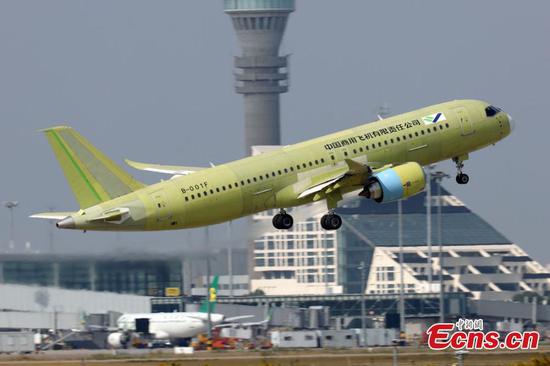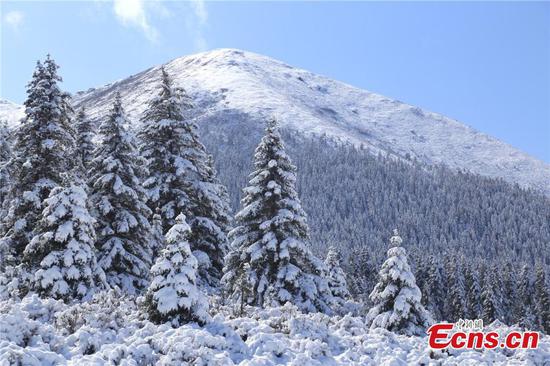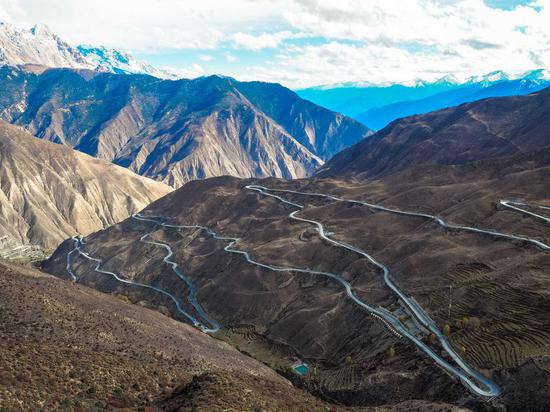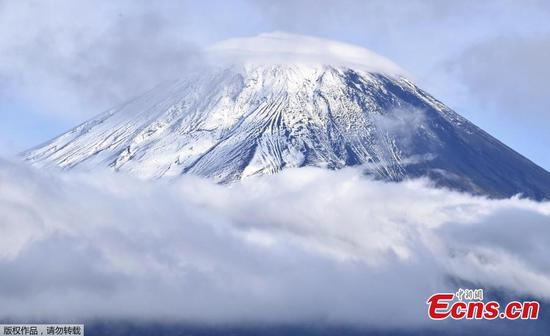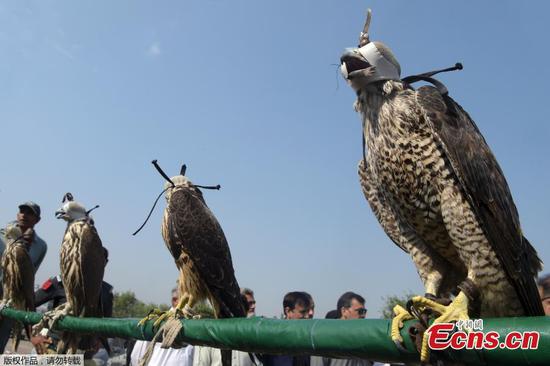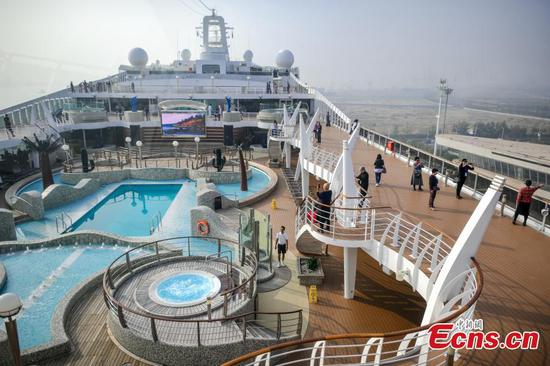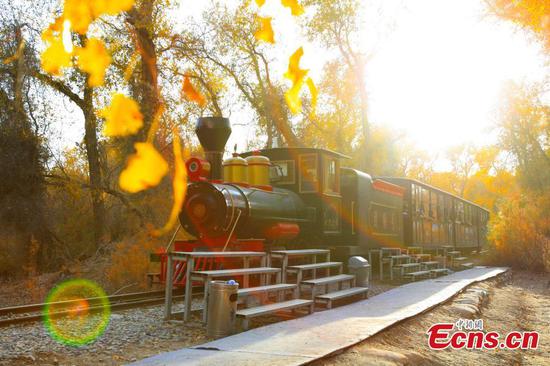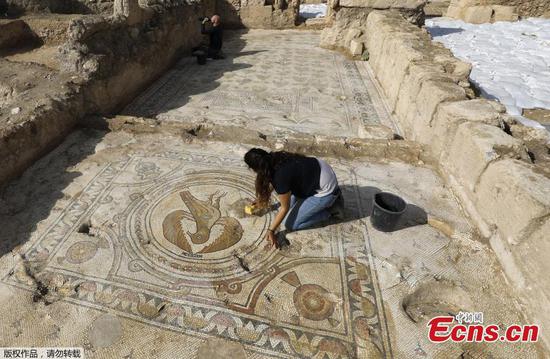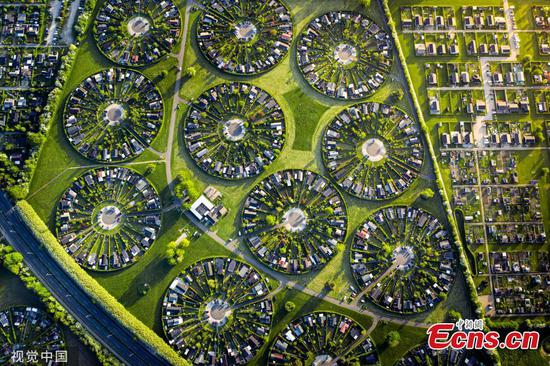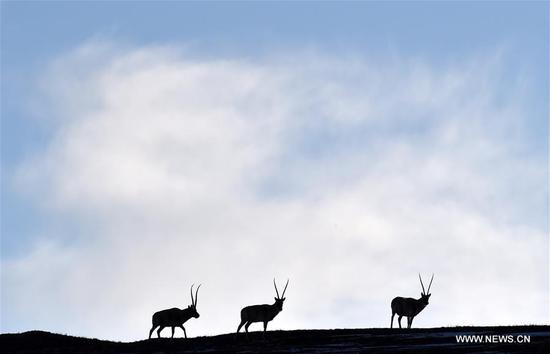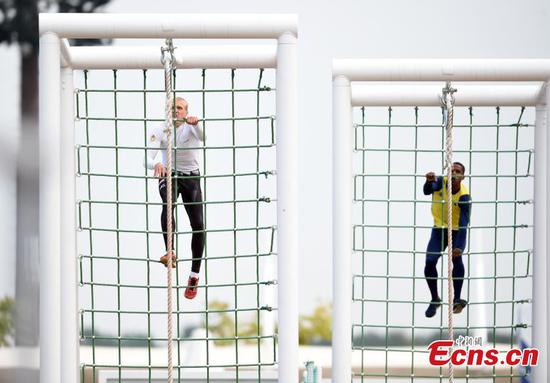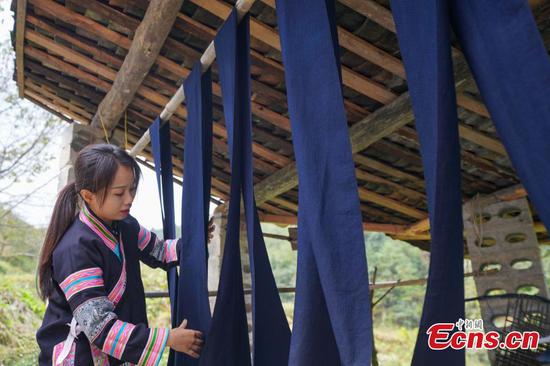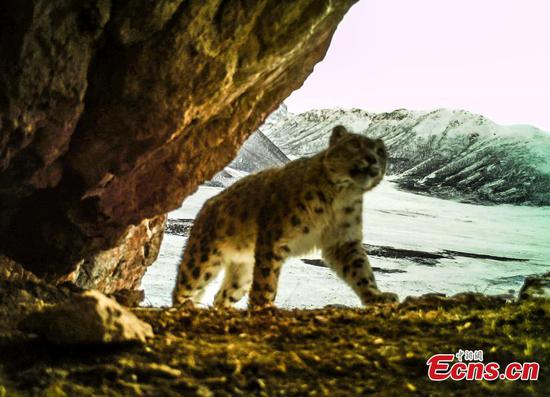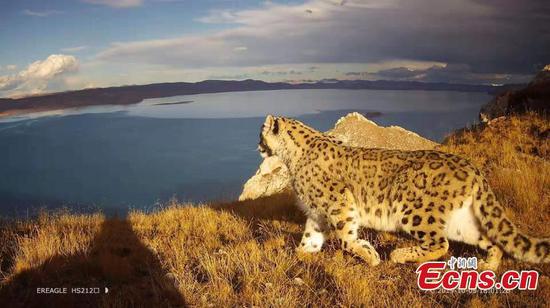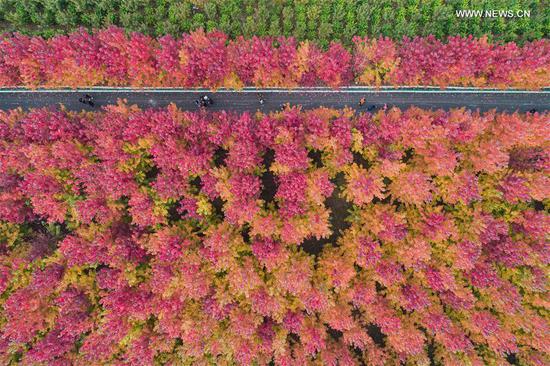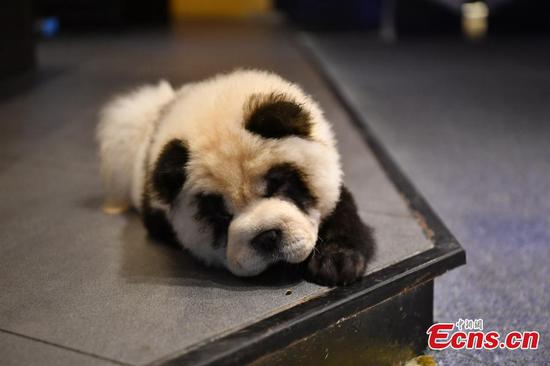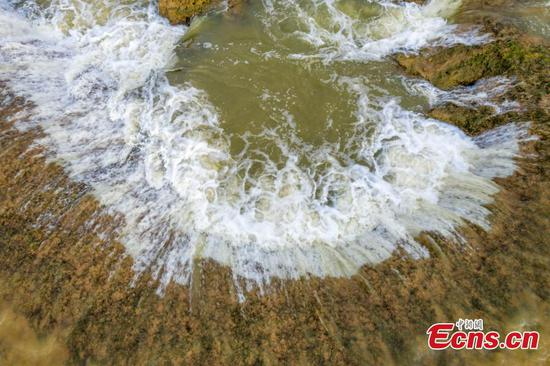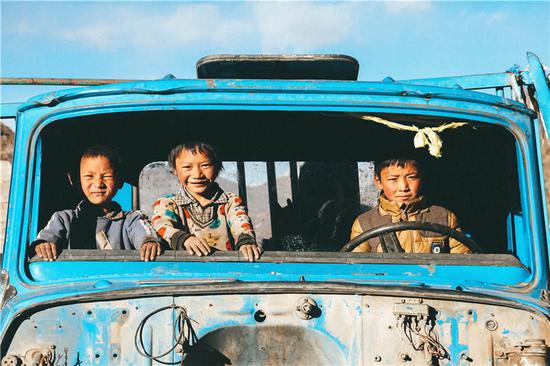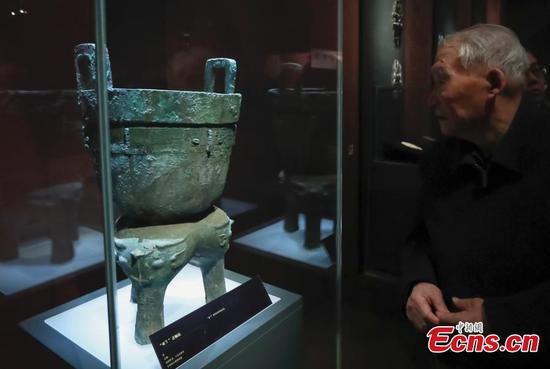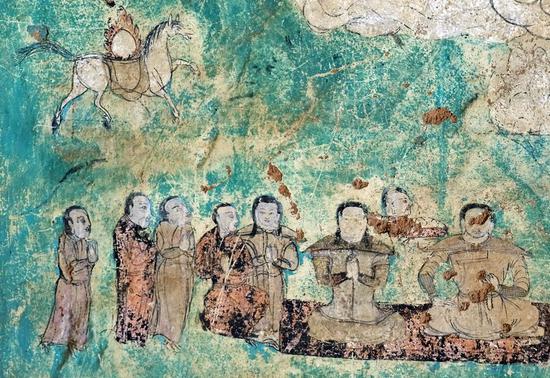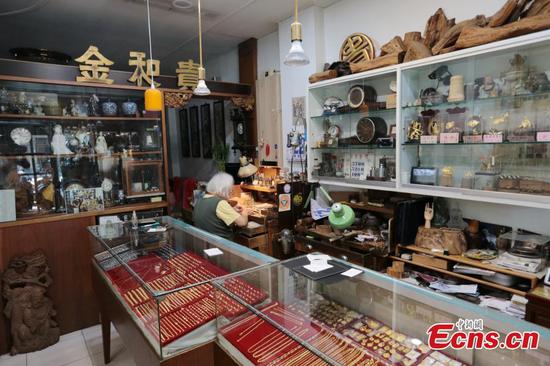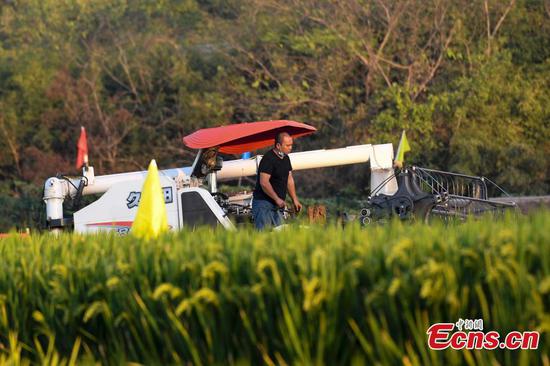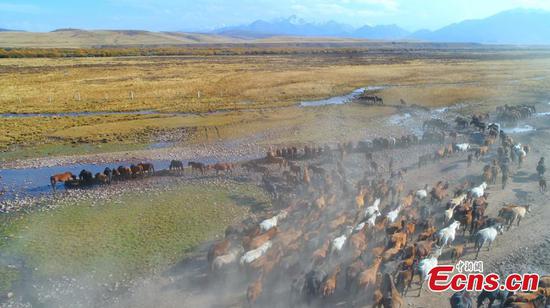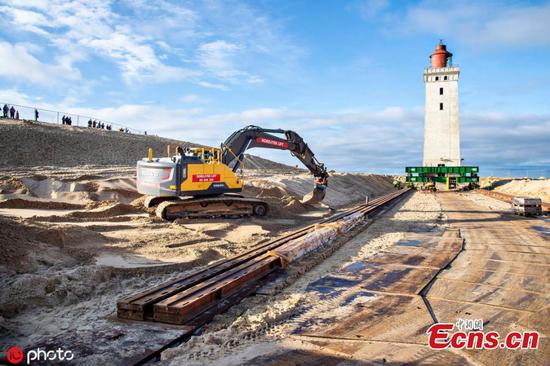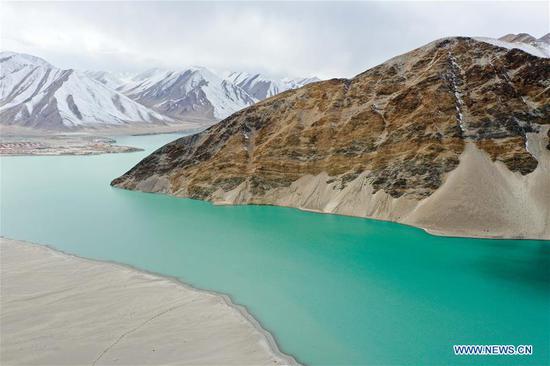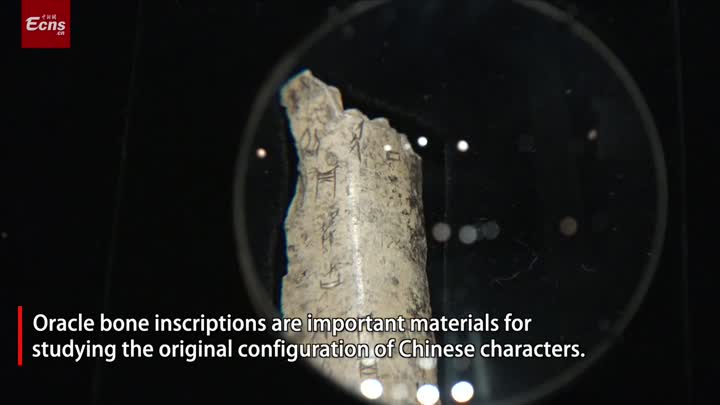
A view of the Narat grassland in early autumn. (Photo/Xinhua)
Upgraded services
This summer was Maliwat's first as an employee of the yurt hotel. The 29-year-old university graduate was determined to upgrade services to meet the tourists' demands, and also came up the idea of serving traditional milk tea in the afternoon along with a range of Kazak pastries.
"Kazak afternoon tea can be just as posh as afternoon tea in England," she said as she capped a cup of freshly made milk tea with butter, impressing the guests who could not stop taking photos and videos on their cellphones.
Since the Narat was listed as one of China's top scenic sites in 2011, tensions have arisen between tourism development and environmental protection.
To address the issue and protect the grassland, the local government introduced new guidelines in 2015 that imposed tougher waste-disposal requirements and banned unlicensed permanent structures. It also encouraged local herders to take part in tourism development.
From January to last month, the grassland received 871,000 tourists, a rise of 43.7 percent year-onyear.
"When I am serving tea, I love to talk about how important the grassland is to us, so the tourists will leave their rubbish at the right places," Maliwat said. "I want them to understand that while they see the Narat as a tourist site, it is home to us."
Every day, the herders take all the waste generated by the yurt hotel to a new disposal site outside the grassland. Maliwat calls the process "the daily migration".
According to Bahargul, every family in the cooperative receives an average 20,000 yuan ($2,817) during the summer season, while also grazing their animals.
"Besides earning extra income, we all believe that running the yurt hotel is a good way to spread the Kazak culture," she said.










